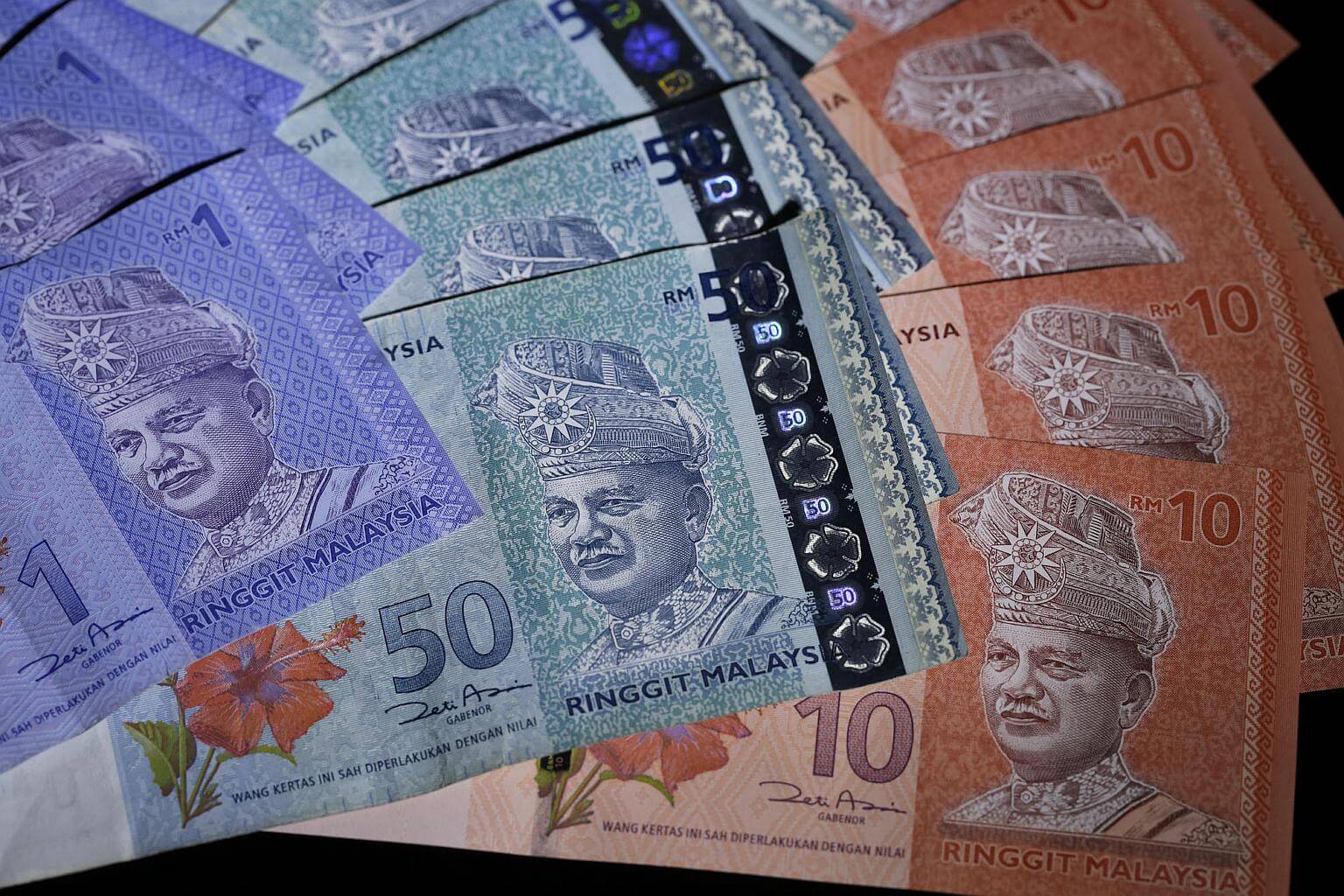People power needed to monitor political funding in Malaysia: The Star columnist
Sign up now: Get ST's newsletters delivered to your inbox

Malaysian ringgit banknotes of various denominations.
PHOTO: BLOOMBERG
By Johan Jaaffar
Follow topic:
(THE STAR/ASIA NEWS NETWORK) - Politics is an expensive vocation. A political party needs funding. Politicians need money.
During elections, the political machinery of all political parties needs cash to run its operations.
We acknowledge the fact that there is no transparency, accountability and integrity in the securing of funds for political purposes.
We know there is a lot of money involved at any time. We hear horror stories about money politics.
But other than the existing Acts involving the Election Commission, Malaysian Anti-Corruption Commission and other relevant authorities, there is no law specifically governing political funding.
Money politics is widespread yet least talked about. Similarly, every political party views political funding from their own perspective.
Everyone is suspicious of each other. The position taken is that "others are the culprits, not us", although everyone is culpable.
There are instances where money is suspected to be coming from suspicious sources or from foreign countries. Despite the accusations of impropriety and the questions of ethical deficit, nothing can be done.
There has been a lot of public interest over how money is flowing into the coffers of politicians and political parties, especially of late.
There are voices to ban political funding altogether. The argument is that however well monitored political funding is, there are loopholes and ways to beat the system.
In many instances, politics and business are inseparable. Political parties control businesses. And businessmen are beholden to politicians and political parties.
There is a need for a sea-change in attitude on how political funding should be addressed.
The National Consultative Committee on Political Funding (better known as JNMPP) believes that with new rules, appropriate structure and the commitment of all stakeholders, we can create a new political culture.
The ecosystem for a more transparent political construct is desperately needed. With all that in place, we are hoping to see a new political era in this country.
Others have done it. There are models that can be followed, especially in more mature democracies and advanced nations.
Best practices in other countries can be adopted. We are not reinventing the wheel. There have been exemplary systems elsewhere to ensure good governance in managing political funding.
JNMPP was entrusted to come out with a report and subsequently recommendations for the purpose.
The committee was formed by the Prime Minister on Aug 14 last year.
It has completed its work and presented the public with its findings and suggestions.
There are 32 recommendations in all, ranging from the introduction of a new Political Donation and Expenditure Act, the creation of a post for a "Controller" and the setting up of a Parliamentary Standing Committee on Political Funding.
It recommends the banning of all cash donations from foreign sources, confiscation of money from "unknown sources" and the need for political parties to have an organisational bank account at all levels.
The one that has created a lot of interest so far is Recommendation number 20 that reads, "There shall be no cap on the amount that can be donated to a party or a politician."
Many argued for the need for a cap, but the committee's view is that the effort to create a level playing field should not result in bringing everyone down to the lowest common denominator.
There are, however, three other significant recommendations that most observers and critics have missed out.
Recommendation 27 refers to the need for state funding to support the offices of elected Members of Parliament and State Legislative Assembly members regardless of their parties.
Recommendation 28 states that state-owned enterprises of all types at all levels, and all subsidiaries, should be barred from making direct, indirect or in-kind contributions to politicians or political parties.
Recommendation 29 simply says companies receiving government contracts or concessions should be banned from making political contributions.
In a nutshell, it is the first ever attempt at monitoring political funding.
All stakeholders and the public have every right to comment and even suggest improvements. It should be regarded as a work in progress.
In a country where cynicism abounds and the political divide is so jarring, understandably the report is met with various degrees of rejection and approval.
Some even have perfected the art of speed reading, reacting to the 50-page report and recommendations without even batting an eyelid.
Others are giving due attention, even engaging in a healthy discourse on the subject. That should be the case for it warrants serious discussion and scrutiny.
Eventually it is the people that have to decide on the need for this. The people must speak up.
People's Power is needed to ensure those they chose to represent them view the report and recommendations seriously. This is only the beginning.
The road to perfection is arduous but we must take the first step with sincerity.
The Malays have a saying, tepuk dada tanya selera (ask yourself what you really want). We should be asking ourselves, is this what we want?
* The writer is a member of the National Consultative Committee on Political Funding.

